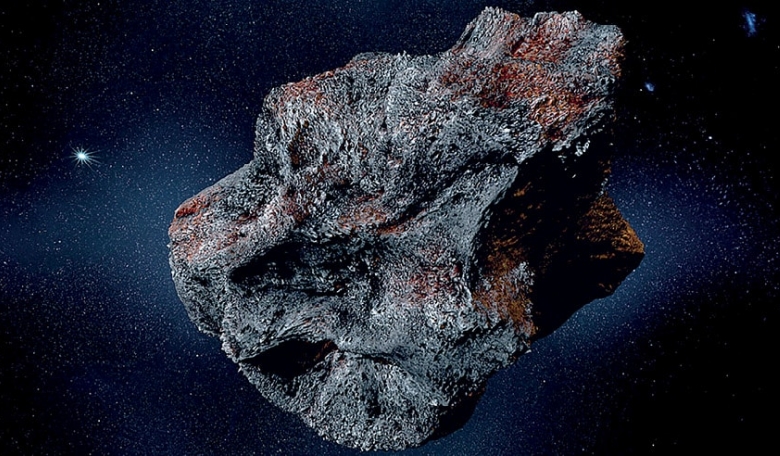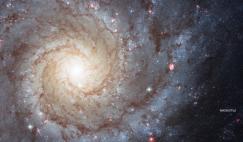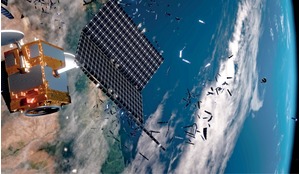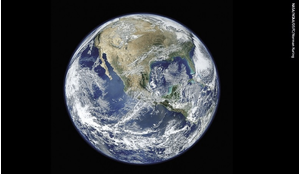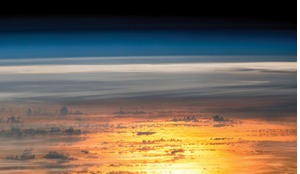If mining of the Moon and asteroids is a serious long-term proposition, and we are closer than ever before to the development of a space market economy, then the world’s legal community is surely obliged to revisit current space law conventions and treaties to provide more detailed legislation. But in calling for change Milan Mijovic also makes a case for the imposition of a controversial space tax so that the exploitation of space resources can truly benefit all mankind.
The current body of space law places the exploitation of natural resources from space in a grey zone. Although Article II of the Outer Space Treaty (OST) clearly forbids “appropriation” by stating that “Outer Space, including the Moon and other celestial bodies, is not subject to national appropriation by claim of sovereignty, by means of use or occupation, or by any means”, other provisions of the OST, especially Article I, stipulate that “Outer Space, including the moon and other celestial bodies, shall be free for exploration and use by all States without discrimination of any kind, on a basis of equality and in accordance with international law, and there shall be free access to all areas of celestial bodies”.
In addition, one of the principal objectives of the Agreement Governing the Activities of States on the Moon and Other Celestial Bodies, or Moon Agreement, is to promote “exploitation” of the natural resources of the Moon through the current provisions of the Agreement and eventual establishment of an international regime.
Until recently the lines were blurred regarding this issue but in 2015 the world welcomed a new piece of legislation, the US Space Act of 2015. Has this finally addressed the question regarding ownership rights on resources?





